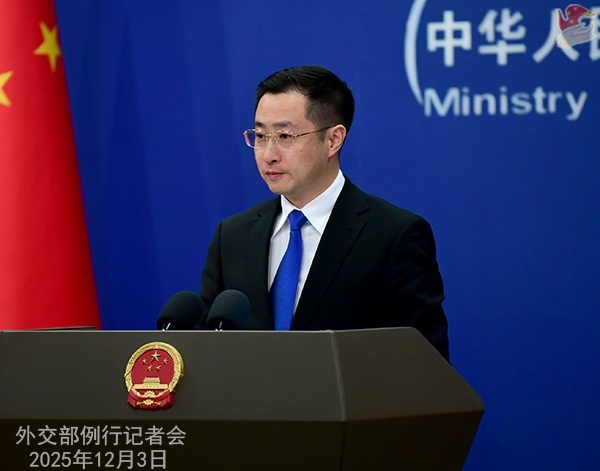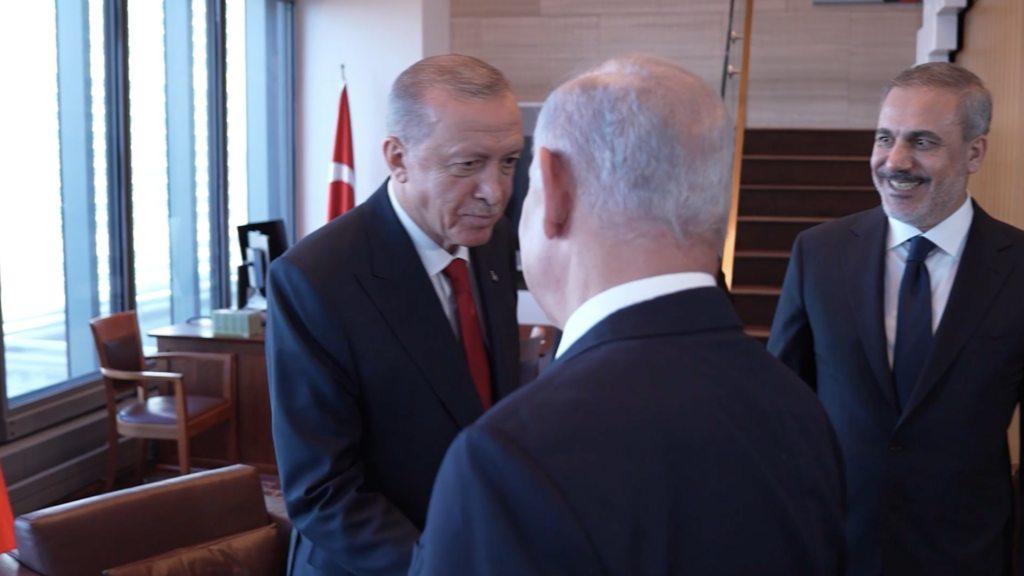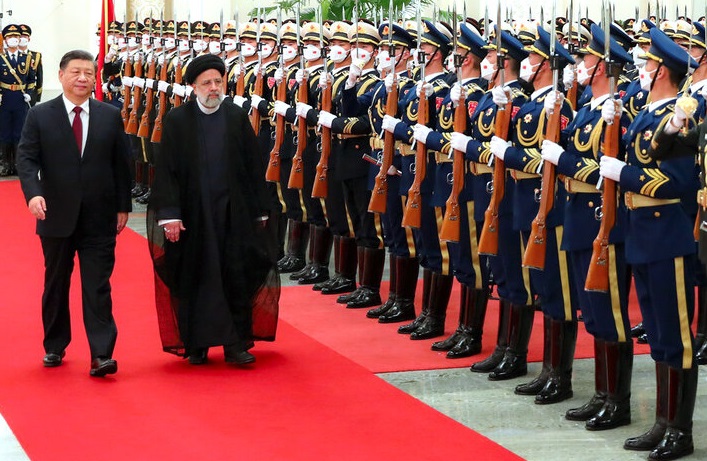State Power as Precedent
Venezuela, Taiwan, and the Dangerous Logic of Regime Change State Power in international politics has always been double‑edged. It delivers results for those who wield it, but it also teaches others what is permissible. What great powers do does not remain exceptional for long; it becomes precedent. In a system where international law is weakly Read more
Continue Reading









